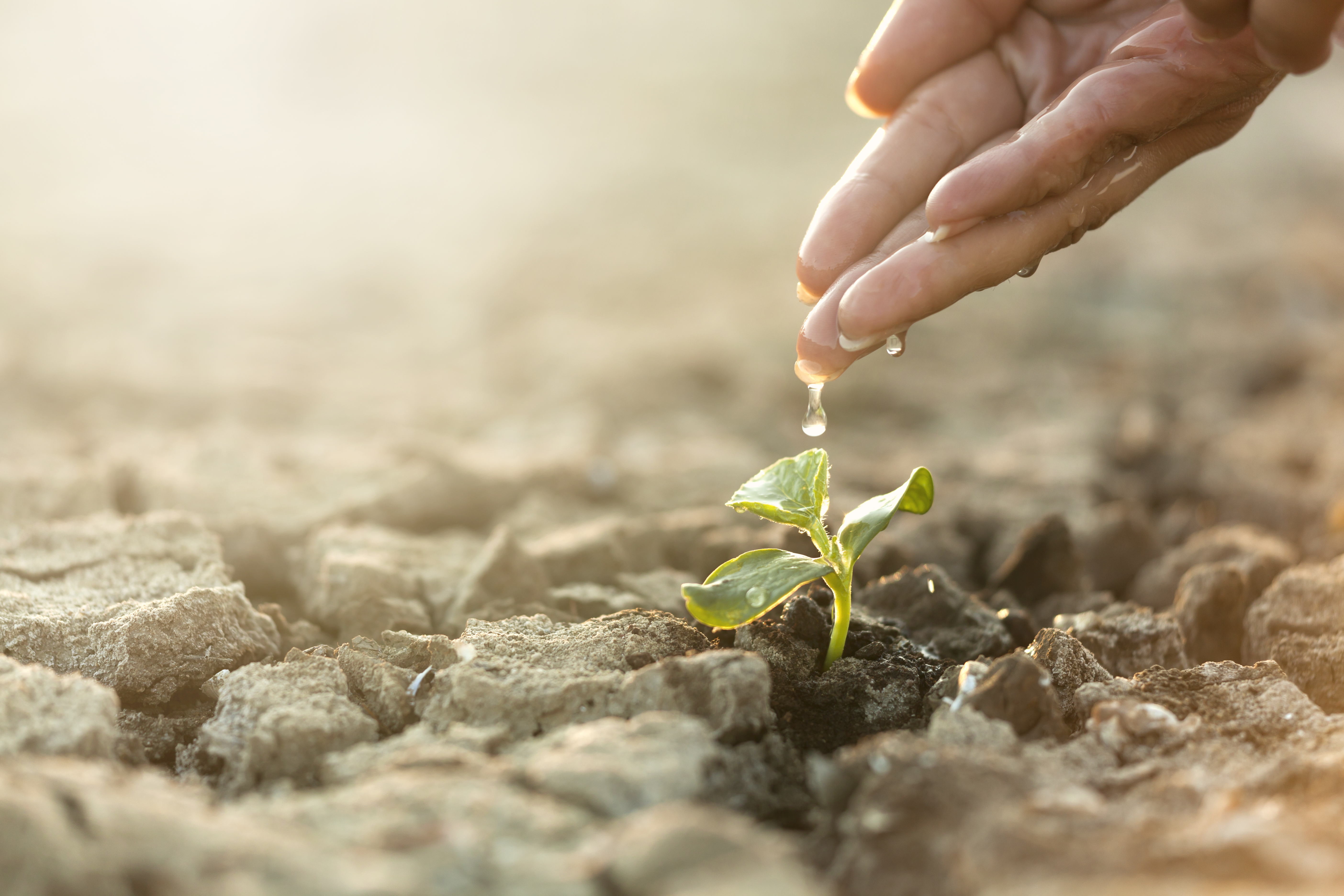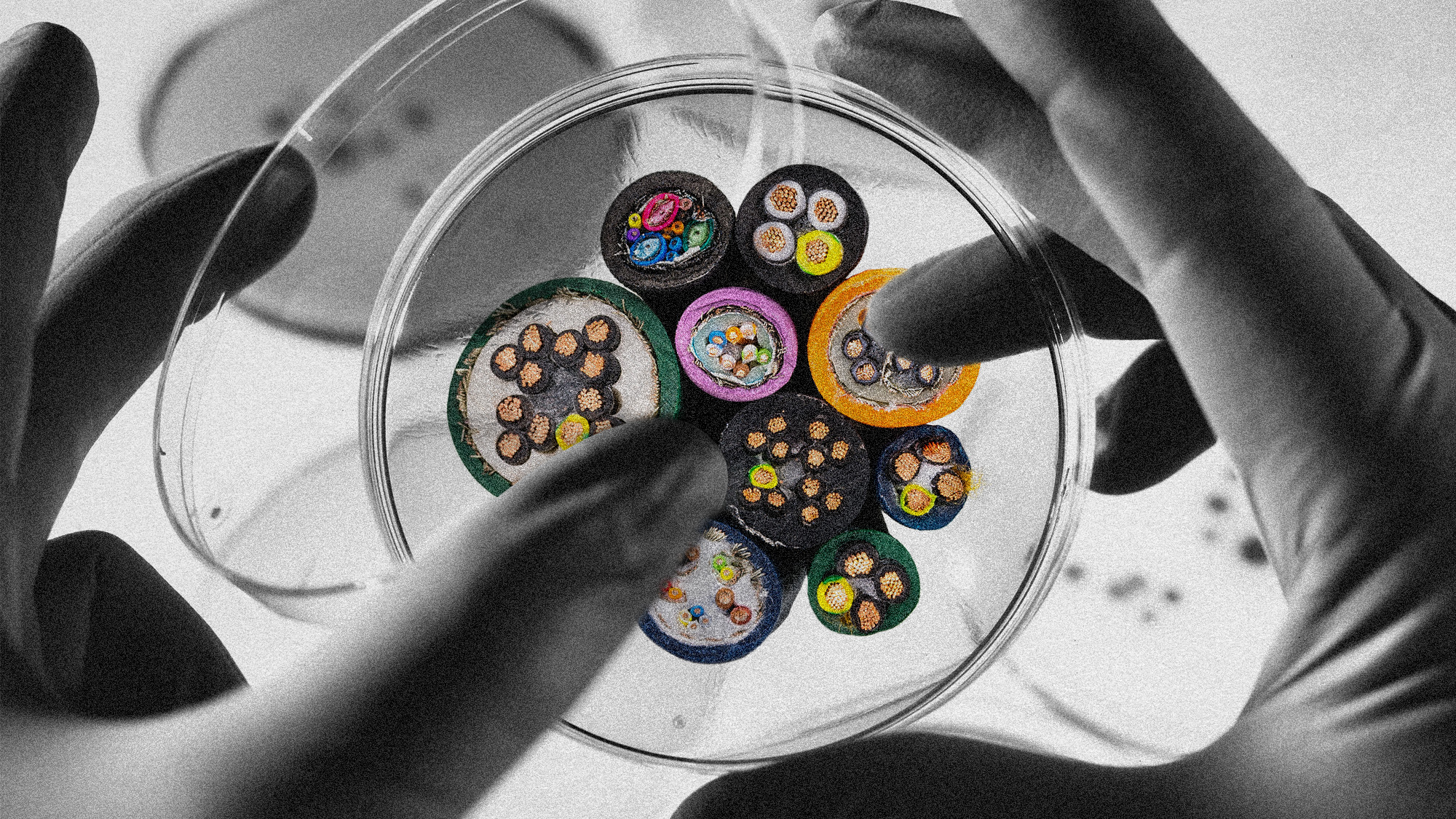Is climate optimism dangerous?
Does hope for the future push us back into our past?


A free daily email with the biggest news stories of the day – and the best features from TheWeek.com
You are now subscribed
Your newsletter sign-up was successful
While the threat of global warming has certainly given way to climate doomerism, which is the belief that "the world has already lost the battle against global warming," according to BBC, it has also encouraged climate optimism, or the "understanding that we know how to prevent things from getting worse and that we're making progress," according to Harvard University.
Though nice on its face, climate optimism can also act as a double-edged sword, critics say, in that while it prompts action to combat climate change, it might also encourage undue complacency.
Delaying action
Climate optimism allows "overly-confident math models based on unrealistic assumptions" to "offer false comfort" to observers by "relying on unrealistic levels of fairy-tale technology" and "ignoring many known salient factors," Jag Bhalla wrote in Current Affairs. Such climate models can, at times, mislead us regarding our progress and bring a false sense of security. Choosing to look solely on the bright side is "light-years beyond foolish" and "we must act to aggressively minimize risks."
The Week
Escape your echo chamber. Get the facts behind the news, plus analysis from multiple perspectives.

Sign up for The Week's Free Newsletters
From our morning news briefing to a weekly Good News Newsletter, get the best of The Week delivered directly to your inbox.
From our morning news briefing to a weekly Good News Newsletter, get the best of The Week delivered directly to your inbox.
Climate optimism means that people are "completely placated" by the idea that things will turn out alright and will "continue to live their lives ... without regard for some of the future's darker possibilities," Brian Kateman wrote in a piece for Fast Company. "We haven't yet figured out how to support the population we currently have, on the planet we currently inhabit, without causing irreparable damage to our environment." In reality, it is too soon to feel optimistic about the many problems we have yet to solve. The "stakes are very real."
"Optimism can look suspiciously like greenwashing," explained Liza Featherstone in a piece for The New Republic. (Greenwashing is when a company conveys "a false impression or misleading information about how [its] products are environmentally sound," per Investopedia.) "There must be space in our discourse for climate grief and anxiety," Featherstone continued, adding that "neither the totally positive nor totally negative effect is quite right."
There's reason to believe
Climate optimism isn't about "denying what we can see with our own eyes," remarked Marcy Franck for WBUR. It's about "understanding that we know how to prevent things from getting worse, and we have a plan in place to be successful." While there is certainly a risk of complacency, humanity has good reason to be optimistic. "Actions we've already taken have averted the most apocalyptic scenarios we feared just a few years ago," Franck added. "[W]e need to ask why it is that we're living in an era of massive climate action, yet most of us feel little hope."
Refusing to acknowledge the progress we've made is a "barrier to action," German Lopez wrote for The New York Times. "Fear is useful to wake us up and make us pay attention," Katharine Hayhoe, a climate scientist at Texas Tech University, told the outlet. "But if we don't know what to do, it paralyzes us."
A free daily email with the biggest news stories of the day – and the best features from TheWeek.com
"If you are feeling, like so many, that the world is going to hell in a hand-basket, know that your attitude may be contributing to our collective future," Avivah Wittenberg-Cox wrote for Forbes. Perhaps a bit of climate optimism would help — recognizing that there is hope in the future could "just change your attitude — and your impact."
Devika Rao has worked as a staff writer at The Week since 2022, covering science, the environment, climate and business. She previously worked as a policy associate for a nonprofit organization advocating for environmental action from a business perspective.
-
 Quentin Deranque: a student’s death energizes the French far right
Quentin Deranque: a student’s death energizes the French far rightIN THE SPOTLIGHT Reactions to the violent killing of an ultra-conservative activist offer a glimpse at the culture wars roiling France ahead of next year’s elections.
-
 Secured vs. unsecured loans: how do they differ and which is better?
Secured vs. unsecured loans: how do they differ and which is better?the explainer They are distinguished by the level of risk and the inclusion of collateral
-
 ‘States that set ambitious climate targets are already feeling the tension’
‘States that set ambitious climate targets are already feeling the tension’Instant Opinion Opinion, comment and editorials of the day
-
 How climate change is affecting Christmas
How climate change is affecting ChristmasThe Explainer There may be a slim chance of future white Christmases
-
 Why scientists are attempting nuclear fusion
Why scientists are attempting nuclear fusionThe Explainer Harnessing the reaction that powers the stars could offer a potentially unlimited source of carbon-free energy, and the race is hotting up
-
 Canyons under the Antarctic have deep impacts
Canyons under the Antarctic have deep impactsUnder the radar Submarine canyons could be affecting the climate more than previously thought
-
 NASA is moving away from tracking climate change
NASA is moving away from tracking climate changeThe Explainer Climate missions could be going dark
-
 What would happen to Earth if humans went extinct?
What would happen to Earth if humans went extinct?The Explainer Human extinction could potentially give rise to new species and climates
-
 Bacteria can turn plastic waste into a painkiller
Bacteria can turn plastic waste into a painkillerUnder the radar The process could be a solution to plastic pollution
-
 A zombie volcano is coming back to life, but there is no need to worry just yet
A zombie volcano is coming back to life, but there is no need to worry just yetUnder the radar Uturuncu's seismic activity is the result of a hydrothermal system
-
 'Bioelectric bacteria on steroids' could aid in pollutant cleanup and energy renewal
'Bioelectric bacteria on steroids' could aid in pollutant cleanup and energy renewalUnder the radar The new species is sparking hope for environmental efforts
